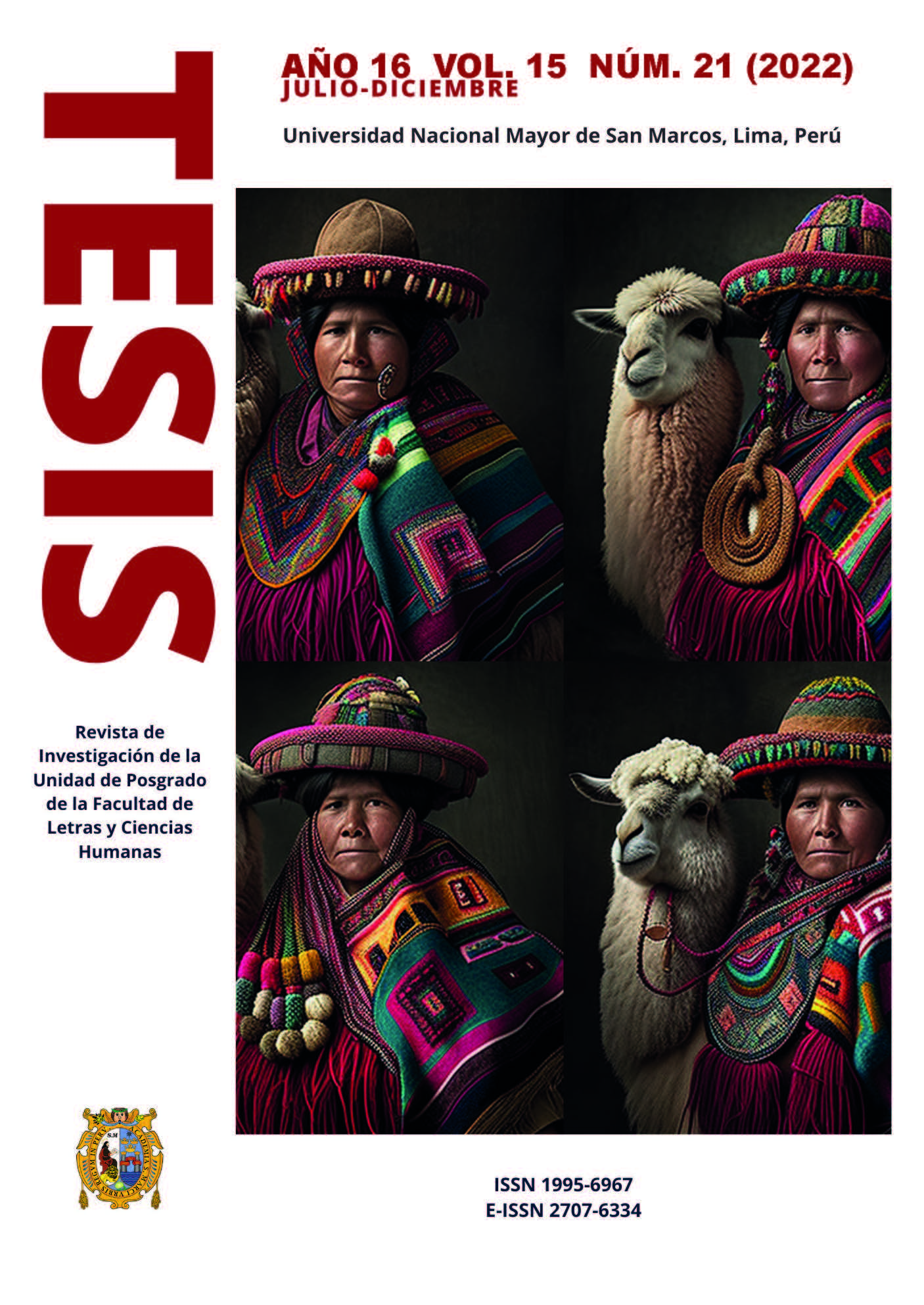Reason and Praxis in Spinoza’s Ethics
DOI:
https://doi.org/10.15381/tesis.v15i21.25112Keywords:
God, nature, passion, Conatus, rationality, usefulAbstract
With respect to the axes that articulate Spinozian thought, they are summarized in three aspects: It is a metaphysical proposal, since a rational order underlies nature that starts from the idea of God; epistemic, since the intellect can know and identify this order; and ethics because from knowledge, a lifestyle is adopted, based on the effort that will give meaning to moral behavior. In this sense, the purpose of this article will be the role played by the concept of Conatus that would represent the aforementioned effort, around a practical rationality, exposed by Spinoza in the fourth part of his Demonstrated Ethics according to the geometric order, whose theme It lies in the deep link between ontology and morality, since philosophy not only tries to answer the question of what the world is, but also the problem of how we can live better in it.
References
Bennett, J. (1990). Un estudio de la ética de Spinoza. Fondo de Cultura Económica.
Bodei, R. (1995). Geometría de las pasiones. Miedo, esperanza, felicidad: Filosofía y uso político. Fondo de Cultura Económica.
Deleuze, G. (2004). Spinoza: filosofía práctica. Tusquets.
Gatens, M. (1996). Imaginary bodies. Ethics, power and corporeality. Routledge.
Spinoza, B. (1999). Ética demostrada según el orden geométrico. Alianza Editorial.
Spinoza, B. (1986). Tratado político. Alianza Editorial.
Spinoza, B. (1997). Tratado teológico-político. Alianza Editorial.
Downloads
Published
Issue
Section
License
Copyright (c) 2023 Gilmar Joel Rodríguez Quiroz

This work is licensed under a Creative Commons Attribution 4.0 International License.
THE AUTHORS RETAIN THEIR RIGHTS:
(a) The authors retain their trademark and patent rights, and also on any process or procedure described in the article.
(b) The authors retain the right to share, copy, distribute, execute and publicly communicate the article published in Tesis (Lima) (in example, depositing the article in an institutional repository or publish it in a book), with recognition of its initial publication in the Tesis (Lima).
(c) The authors retain the right to make a later publication of their work, to use the article or any part of it (for example: a compilation of their works, notes for conferences, thesis, or for a book), provided that they indicate the source of publication (authors of the work, magazine, volume, number and date).














